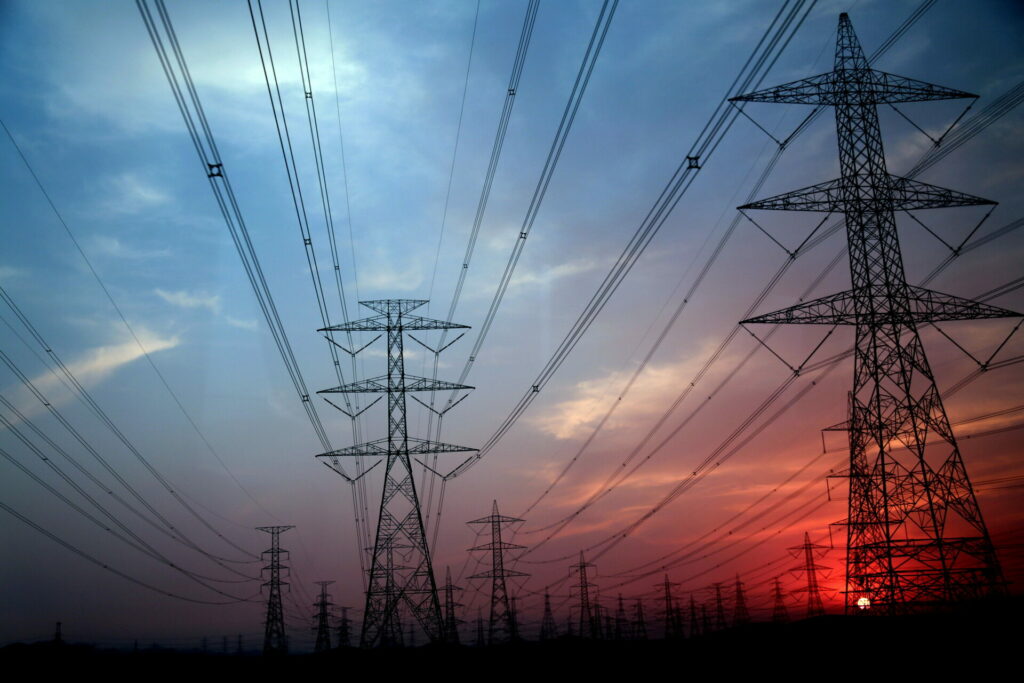With the dramatic rise in energy prices and stratospheric bills for gas and electricity, some consumers are wondering whether it is possible to disconnect from the grid. Whilst there are certainly benefits to becoming more autonomous in your energy supply, going "off grid" is a major change in how your home runs. Here we look at three questions that should be considered before making this decision.
1. Is it possible to disconnect from the grid?
Technically, yes. It is perfectly possible to completely disconnect from the gas and/or electricity distribution networks. "Any household can actually ask to shut off from the electricity supply or the gas supply," explained the director of Brugel (the energy market regulator for the Brussels-Capital Region) Pascal Misselyn. "It's a simple step to contact the network manager and ask for this."
However, this approach is very uncommon. Ores, Wallonia's distribution system operator for electricity and natural gas, indicated that "in general, we do not receive any requests from customers who ask to disconnect from the electricity and/or gas network." It specified that "there are some isolated cases of customers who request to be disconnected from the gas supply, but this is normally before a planned connection has been completed."
The situation is similar at Sibelga, which operates the electricity and natural gas distribution networks in the Brussels-Capital Region.
2. Is it a good idea to disconnect?
It all depends on the context that would push a specific household to disconnect. If it is a question of investing in a central heating system that runs exclusively on wood or pellets, this might be feasible. However, with the prices of wood and pellets also soaring in recent months, this isn't guaranteed to cut your heating bill.
Another solution to replace gas is to install an oil boiler. The price of heating oil has also increased, but less than gas. Yet as with wood, investment in a new boiler is in itself far from negligible and beyond the means of many households.
If a household is considering cutting gas supply and using alternative heating systems (such as electric heaters) in the hope of saving on energy bills, this is far from recommended. Misselyn warns that this could lead to "falling into even greater precariousness." Houses that are completely off-grid are generally designed that way, with significant investments made to ensure their energy supply.
Related News
- Heat pump and solar panel shortage may 'leave Belgians cold this winter'
- Only two energy providers offer new contracts in Brussels
- Energy crisis pushes Belgians to rethink building practices
Nicolas Poncin, coordinator of the Infor Gaz Elec service at the Collectif Solidarité Contre l'Exclusion, said the use of oil stoves or small gas heaters would be a disastrous decision: "In terms of health and home safety, it would be a disaster. There is generally no smoke evacuation system and these auxiliary heaters are often used in homes that are not sufficiently ventilated. We strongly advise against them."
A more sensible course of action is to keep your energy contracts but use them as little as possible (ie. being sparing with heating and cooking). At the same time, households should explore all possible financial assistance from the government, such as the social tariff.
3. What about those who already produce their own electricity?
There should be no technical issues that prevent a household that produces its own electricity from disconnecting from the electricity grid.
Yet it is important to have a sufficiently powerful installation to cover the entire consumption of the household throughout the year. In short, this means you must be completely autonomous, which presupposes a considerable storage capacity of electricity.
"Don't think that you will be able to store excess electricity from the summer to consume it in winter," warned consumer watchdog Test-Achat. "An electric battery will only help you for one or a few days at most."
This leads Misselyn to conclude: "The investments that will have to be made to disconnect from the networks are still very high and take between five to fifteen years to absorb. This means that going off-grid makes little economic sense unless we are very pessimistic and say that energy prices will remain high for ten years. But I don't think so."

